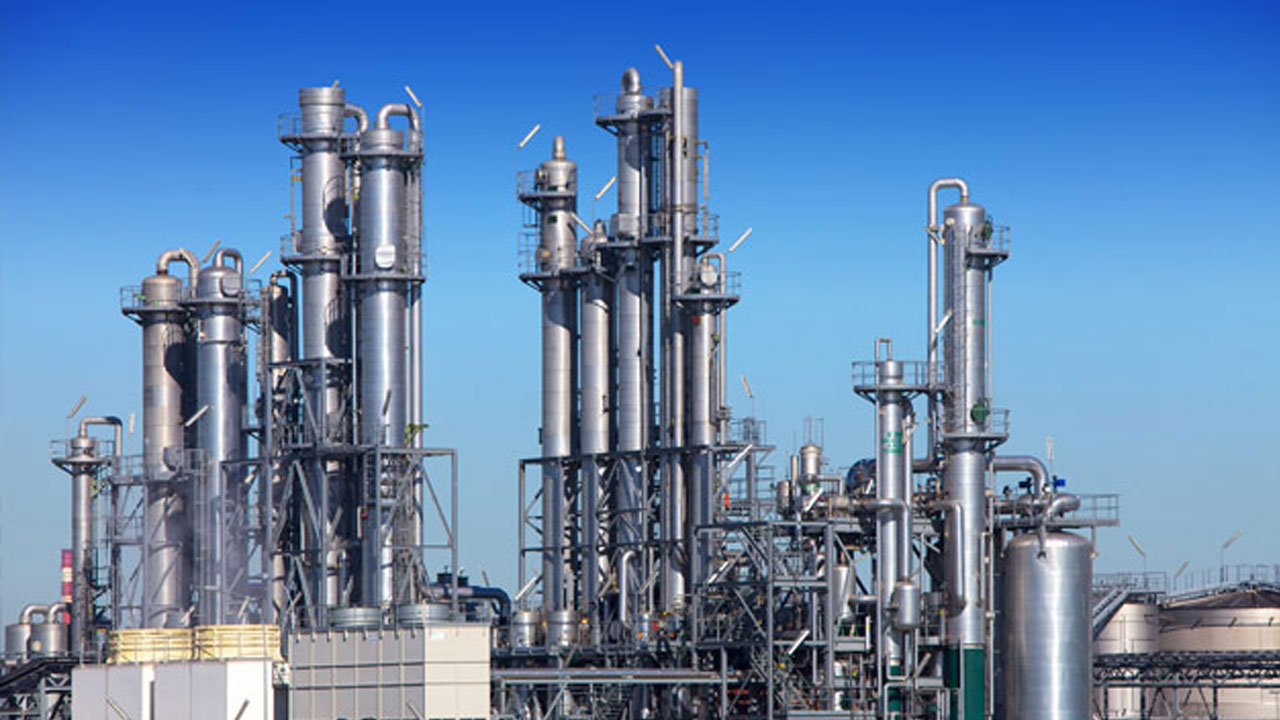Point of Sale (PoS) operators in Nigeria are gearing up for a legal battle against the Corporate Affairs Commission (CAC) as they contest the legality of a directive mandating registration with the commission.
The move comes amidst a growing dispute over regulatory oversight and the interpretation of existing laws governing business operations in the country.
Led by the National President of the Association of Mobile Money and Bank Agents in Nigeria, Fasasi Sarafadeen, PoS operators have expressed staunch opposition to the CAC directive, arguing that it oversteps its jurisdiction and violates established legal provisions.
Sarafadeen, in a statement addressing the matter, emphasized that the directive from the CAC contradicts the Companies and Allied Matters Act (CAMA) of 2004, which explicitly states that the commission does not have jurisdiction over individuals operating as sole proprietors.
“The order to enforce CAC directive on individual PoS agents operating under their name is wrong and will be challenged,” Sarafadeen asserted, citing section 863(1) of CAMA, which delineates the commission’s scope of authority.
According to Sarafadeen, the PoS operators are prepared to take their case to court to seek legal redress, highlighting their commitment to upholding their rights and challenging what they perceive as regulatory overreach.
“We shall challenge it legally. The court will have to intervene in the interpretation of the quoted section of the CAMA if individuals operating as a sub-agent must register with CAC,” Sarafadeen stated, emphasizing the association’s determination to pursue a legal resolution.
The crux of the dispute lies in the distinction between individual and non-individual PoS agents. Sarafadeen clarified that while non-individual agents, operating under registered or unregistered business names, are subject to CAC registration requirements, individual agents conducting business under their names fall outside the commission’s purview.
“Individual agents operate under their names and are typically profiled with financial institutions under their names,” Sarafadeen explained.
“It is this second category of agents that the Corporate Affairs Commission can enforce the law on.”
Moreover, Sarafadeen highlighted the integral role of sub-agents within the PoS ecosystem, noting that they function as independent branches of registered companies and should not be subjected to the same regulatory scrutiny as non-individual agents.
“Sub-agents are not carrying out as an independent company but branches of a company,” Sarafadeen clarified, urging for a nuanced understanding of the operational dynamics within the fintech and agent banking industry.
In addition to challenging the CAC directive, Sarafadeen emphasized the need for regulatory bodies to prioritize addressing broader issues affecting businesses in Nigeria, such as the high failure rate of registered enterprises.
“The Corporate Affairs Commission should prioritize addressing the alarming failure rate of registered businesses in Nigeria, rather than targeting sub-agents,” Sarafadeen asserted, calling for a shift in regulatory focus towards fostering a conducive business environment.
As PoS operators prepare to navigate the complex legal terrain ahead, their decision to challenge the CAC directive underscores a broader struggle for regulatory clarity and accountability within Nigeria’s burgeoning fintech sector.


 Naira4 weeks ago
Naira4 weeks ago


 Naira4 weeks ago
Naira4 weeks ago




 Naira4 weeks ago
Naira4 weeks ago
 Commodities4 weeks ago
Commodities4 weeks ago




 Naira3 weeks ago
Naira3 weeks ago


 News4 weeks ago
News4 weeks ago
 Travel4 weeks ago
Travel4 weeks ago




 Naira3 weeks ago
Naira3 weeks ago





















